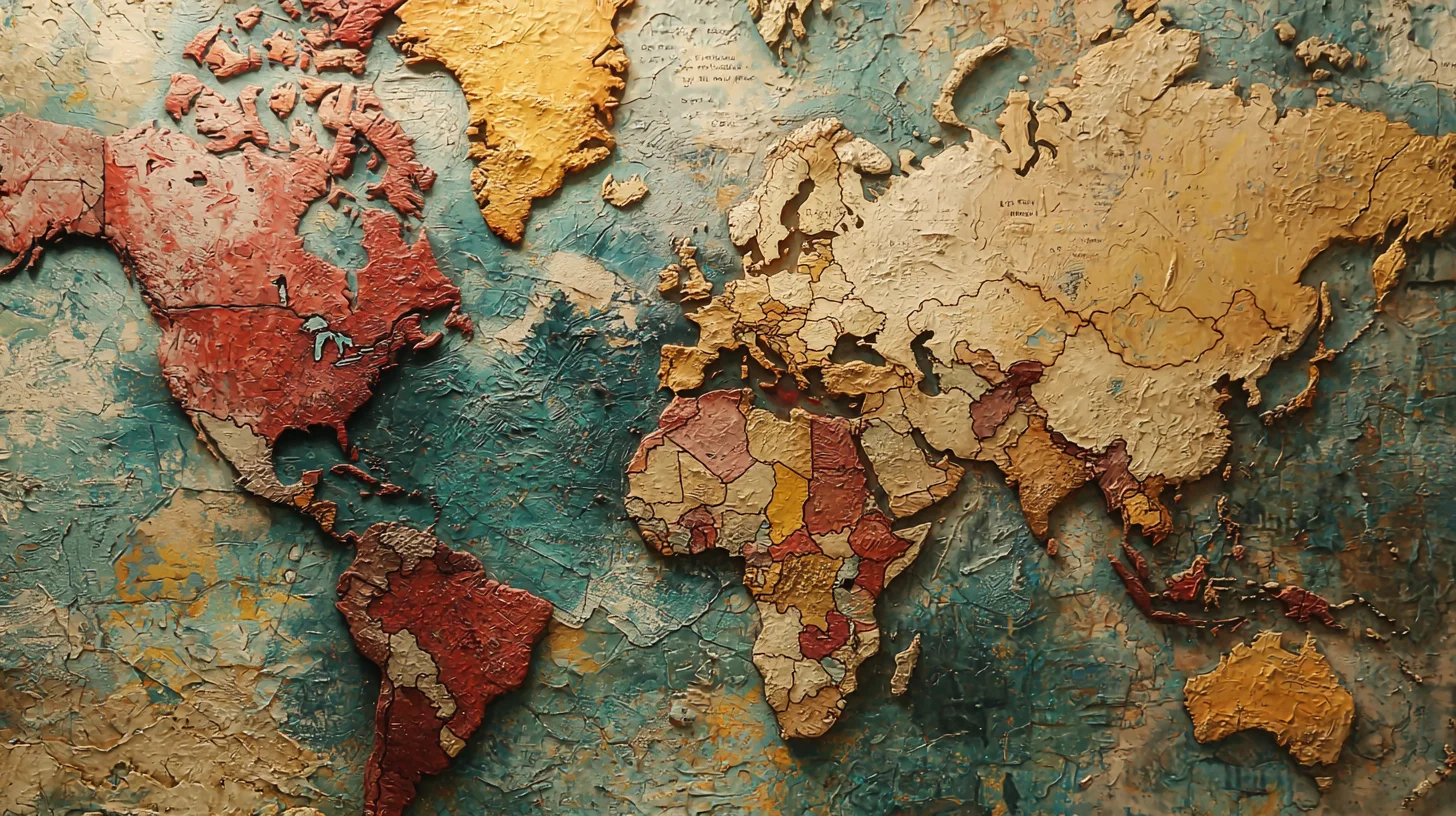06 March 2024
Social Media's Invisible Hand: Shaping Desires in the Digital Age.

Press the play button in the top right corner to listen to the article
In the contemporary digital landscape, social media platforms stand as colossal influencers, extending their reach far beyond mere communication tools to become significant shapers of individual desires and societal norms. This article delves into the complex interplay between social media and human desire, drawing on recent findings and theories to explore how these platforms are not just reflecting but actively molding our preferences and aspirations.
The concept of mimetic desire, first introduced by René Girard, suggests that our desires are fundamentally social; we covet what we perceive others to desire. This theory gains a new dimension in the context of social media, where the visibility of others' preferences, achievements, and lifestyles is magnified. The relentless exposure to curated lives and possessions on platforms like Instagram and Facebook can intensify feelings of inadequacy and aspiration, driving individuals to emulate the desires they see portrayed online.
Social media exacerbates mimetic rivalry, a situation where individuals compete for the same objects of desire, often without a clear understanding of why they desire these objects in the first place. This rivalry is amplified by the platforms' design, which homogenizes user experiences and fosters a "crisis of sameness," making differentiation a constant struggle. The consequence is a heightened sense of narcissism and social anxiety, as users navigate a complex web of imitation and differentiation.
Moreover, the platforms themselves are structured to exploit human psychological vulnerabilities. Features such as notifications, endless scrolling, and suggested connections are engineered to trigger dopamine releases, keeping users engaged and susceptible to the influences they encounter. This manipulation extends to the shaping of desires, as the constant bombardment of targeted advertising and influencer endorsements subconsciously guides users towards certain products, lifestyles, and ideologies.
The implications of social media's influence on desire extend beyond individual consumer choices to broader societal impacts. The platforms have become arenas for the propagation of ideologies, political movements, and social norms, with the power to influence public opinion and behavior on a massive scale. This influence can have positive aspects, such as fostering community support and awareness on important issues. However, it also raises concerns about the authenticity of desires and the potential for manipulation by commercial and political interests.
In conclusion, the relationship between social media and human desire is complex and multifaceted. While these platforms offer unprecedented opportunities for connection and expression, they also pose significant challenges to the authenticity of individual desires and the health of societal discourse. As users, it is crucial to cultivate awareness of the ways in which our desires may be shaped by external influences and to strive for genuine self-understanding and expression in the digital age. The future of our desires, and indeed our very identities, may depend on our ability to navigate the digital landscape with critical awareness and intentionality.
The content, including articles, medical topics, and photographs, has been created exclusively using artificial intelligence (AI). While efforts are made for accuracy and relevance, we do not guarantee the completeness, timeliness, or validity of the content and assume no responsibility for any inaccuracies or omissions. Use of the content is at the user's own risk and is intended exclusively for informational purposes.
#botnews















































































